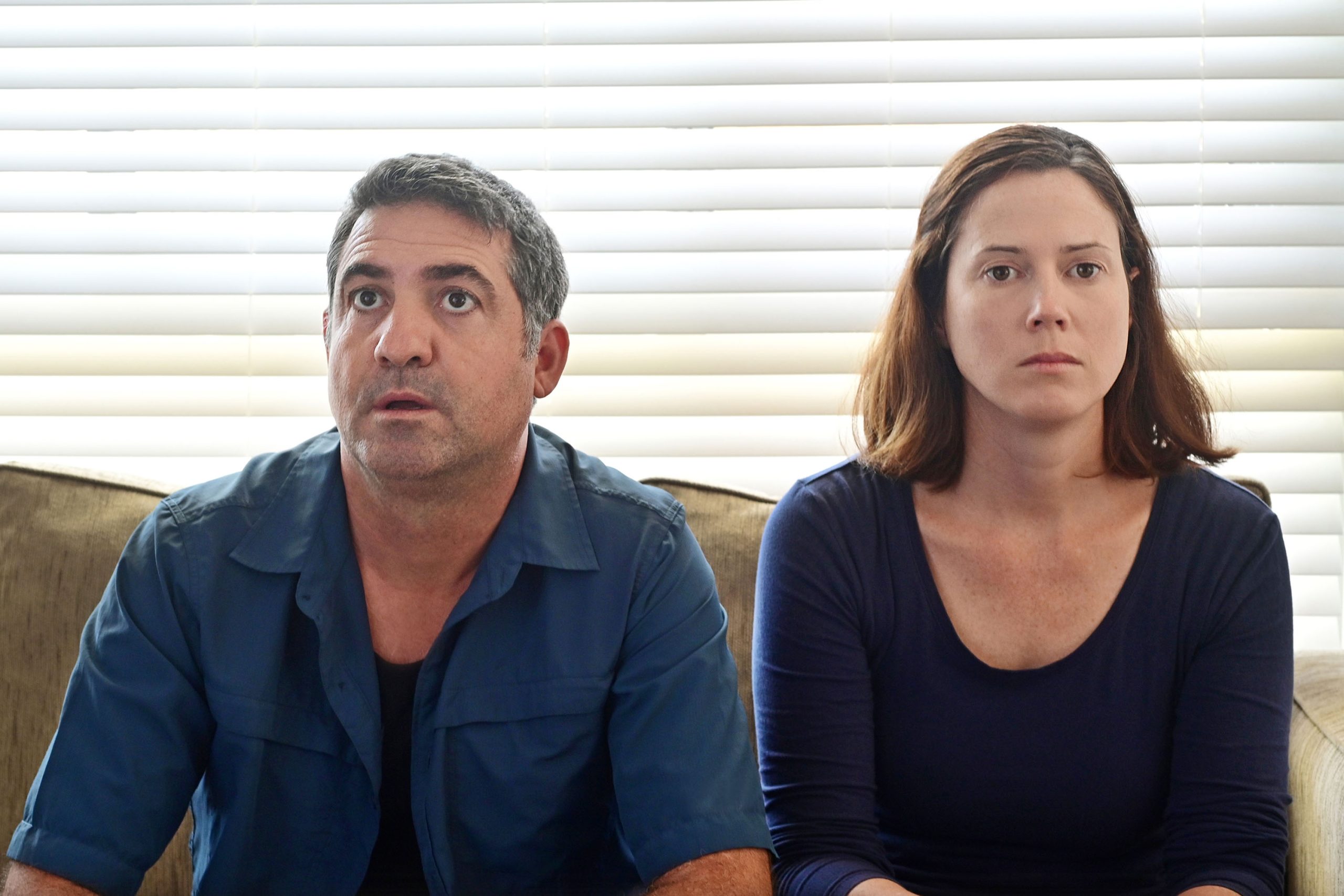Many of the men I work with are successful in most areas of their life, but find themselves struggling to be consistently confident in their intimate, romantic relationship.
The demands of trying your best to be a great leader at work can sometimes leave you with little left in the tank for your home life. Then add to that the changing needs of an intimate partnership beyond just providing financially and managing the endless list of “stuff” that needs doing around the house can leave you feeling overwhelmed, disconnected, and frustrated.
One critical aspect that can help you navigate these challenges is understanding the importance of having very clear, non-negotiable values that define who you are and what you want to create in your life.
As a men’s confidence and intimate relationship coach, I guide men through this process and help you get very clear on how to change the areas of your life where you feel unhappy.
Another aspect of the work I do with you is to help you understand the negative behaviours that you’ve learnt over the years which hold you back from making the decisions and taking the actions required to create what you really want.
We all have coping mechanisms to deal with difficult situations and while some of these strategies work well to keep us out of danger, in intimate relationships these behaviours create havoc and damage the intimacy and connection between you and your partner.
You may have heard the word “triggered” in relation to how people get over reactive and offended by others. This is caused when your body perceives a situation as unsafe and then your brain kicks into self protection mode.
This coping mechanism can save your life in a truly dangerous situation, but it can also be activated in situations that may be challenging but not dangerous, such as a difficult discussion around kids, your sex life or even how you forgot to pick up the groceries.
Understanding What Holds Us Back
A coping mechanism is a pattern of behaviour created in our past when a challenging, scary or painful event happened. It’s a way your mind reacts to protect you from harm, even in situations that may not actually pose a danger.
If you ever feel angry, scared, overwhelmed or anxious when around your intimate partner, then you have a coping mechanism starting to take control over your mind and body.
These hyperactive states can cause you to perceive threats in non-threatening situations and then respond to them in erratic, overly emotional reactive ways.
These responses are caused by your brain believing that taking immediate urgent action is the only way you will survive in the current situation.
Other articles you may find helpful:
Midlife Crisis Should You DivorceDo You Feel Anxious When Your Wife Is Upset?
The Four Most Common Coping Mechanisms
Fight
In its healthy form, this is the ability to be assertive and set strong boundaries for what we expect and won’t tolerate from other people in our life.
In it’s unhealthy form, this coping mechanism looks like feeling and expressing uncontrolled anger, hatred and aggression such as physical fights, yelling, aggression, throwing things etc.
This coping mechanism is driven by fear, anxiety and stress and the need to confront threats to gain control.
Flight
In it’s healthy form, this is the ability to know when to disengage with a stressful situation, calmly and firmly.
In it’s unhealthy form, this coping mechanism looks like feeling overwhelmed with adrenaline, shaking hands and legs, panicking, racing thoughts, difficulty focusing on anything and an urgent need to get away.
This coping mechanism is driven by fear, anxiety or stress and the need to get away from threats to gain control.
Freeze
In its healthy form, this is the ability to slow down your thinking mind and assess a situation carefully and rationally.
In it’s unhealthy form, this coping mechanism looks like feeling physically and emotionally numb, feeling detached from reality, feeling dread and exhaustion, losing the sense of who you are, where you are and how to cope with the situation.
This coping mechanism is driven by fear, anxiety and stress and the need to create a sense of calm to gain control.
Fawn
In it’s healthy form, this is the ability to prioritize your own needs, establish healthy boundaries, learn to say no, be comfortable with conflict, and be comfortable with feeling angry.
In it’s unhealthy form, this coping mechanism looks like ignoring and neglecting your own needs and feelings in favour of prioritising other people’s as more important than yours to try and gain approval and avoid conflict.
This coping mechanism is driven by fear, anxiety and stress caused by believing you will be rejected, abandoned, exiled and the need to avoid those things to gain control.
What if You Have Multiple Coping Mechanisms?
It’s important to understand that coping mechanisms aren’t always neatly categorized. You may not rely exclusively on one response but switch between all four, depending on the specific context of a situation.
The Bottom Line: Build Your Masculine Strength
If you identify with one of the four coping mechanisms, you are not alone. Building confidence and building your masculine strength begins with recognizing your behaviors and seeking support.
I can help you understand what causes and activates your coping mechanism responses and define new ways to cope with tough situations calmly and confidently in the future.
Other articles you may find helpful:
What Stops You Being Confident In Your RelationshipHow Will You Lead Your Unhappy Marriage?
I know that just reading this article and considering reaching out for help can start to activate one or more of these coping mechanisms, yet the guidance and support you will receive during our first free 60 minute coaching call can make a difference straight away.
You have been coping to survive for a long time. But you don’t have to continue living this way.
Want to become stronger and more confident in yourself? Contact me for a free 60 minute personal coaching session.









